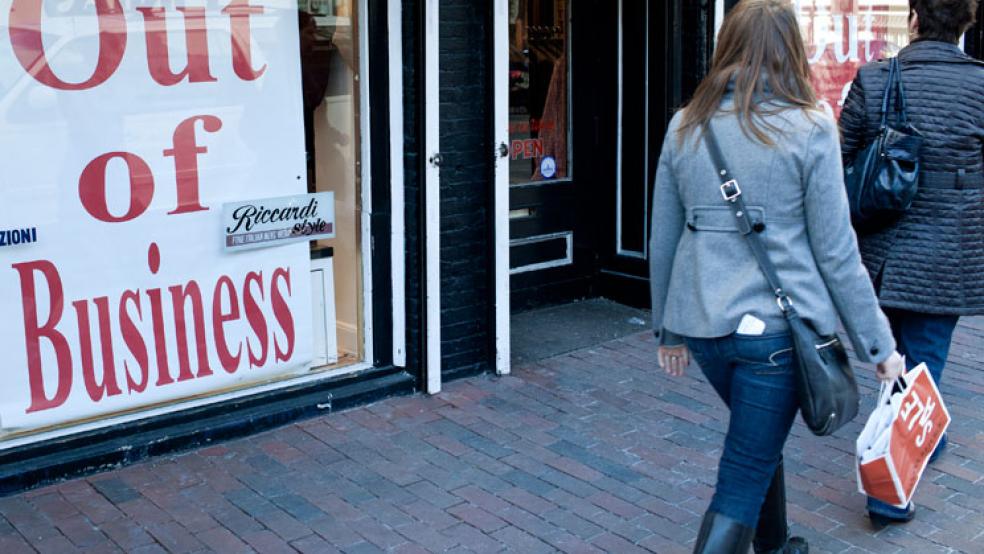With economists and investors worried that the coronavirus outbreak could spark a global recession, Harvard’s Ken Rogoff warns that the downturn could be significantly different than the last one over a decade ago.
That recession was driven primarily by a sharp reduction in demand as homeowners and investors around the world ran for cover amid plunging housing prices. This time around, in addition to a demand-side shock, there will likely be a supply shock as China’s economy slows, Rogoff says, creating bottlenecks and eventually higher prices throughout the global supply chain. Think 1974 oil crisis, not 2008 housing bubble, with inflation returning as a potential threat.
“In that case, generalized shortages – something that some countries have not seen since the gas lines of 1970s – could ultimately push inflation up, not down,” Rogoff writes.
In whatever form the recession arrives, governments will need to “engage in massive deficit spending,” Rogoff says, in order to prop up both health care systems and broader economies. And that’s why the Trump administration’s failure to get control of the federal budget in a growing economy – and instead pushing the annual federal deficit over $1 trillion a year with tax cuts for the rich and big increases in spending – is such a big problem.
“The point of saving for a rainy day is to spend when it rains, and preparing for pandemics, wars, climate crises, and other out-of-the-box events is precisely why open-ended deficit spending during booms is dangerous,” Rogoff writes.
Yes, but: Critics were quick to point out a serious flaw in Rogoff’s thesis: The bond market is telling us that inflation is nowhere on the horizon, and historically low interest rates mean that even massive fiscal stimulus will come at very low cost. “Has Ken Rogoff bothered to even look at where long-term Treasury yields are?,” asked Skanda Amarnath, director of research at Employ America, a liberal-leaning group that pushes the Fed to be less vigilant about inflation and more concerned about jobs.
Indeed, with Treasury rates hitting record lows and oil prices plummeting, the markets are signaling that deflation is the greatest worry right now. “Traders are learning that the prospect of collapsing prices can be just as painful as inflation,” Bloomberg’s Brian Chappatta said Monday in his review of the day’s record moves in the bond market.
Still, while Rogoff admits that inflation doesn’t look like a problem right now – “Admittedly, the initial conditions for containing generalized inflation today are extraordinarily favorable,” he says – he argues that the coronavirus could end up marking the end of a four-decade process of globalization that produced lower prices for all kinds of goods around the world, and the beginning of a new era of trade conflict, increasing prices and rising interest rates.




